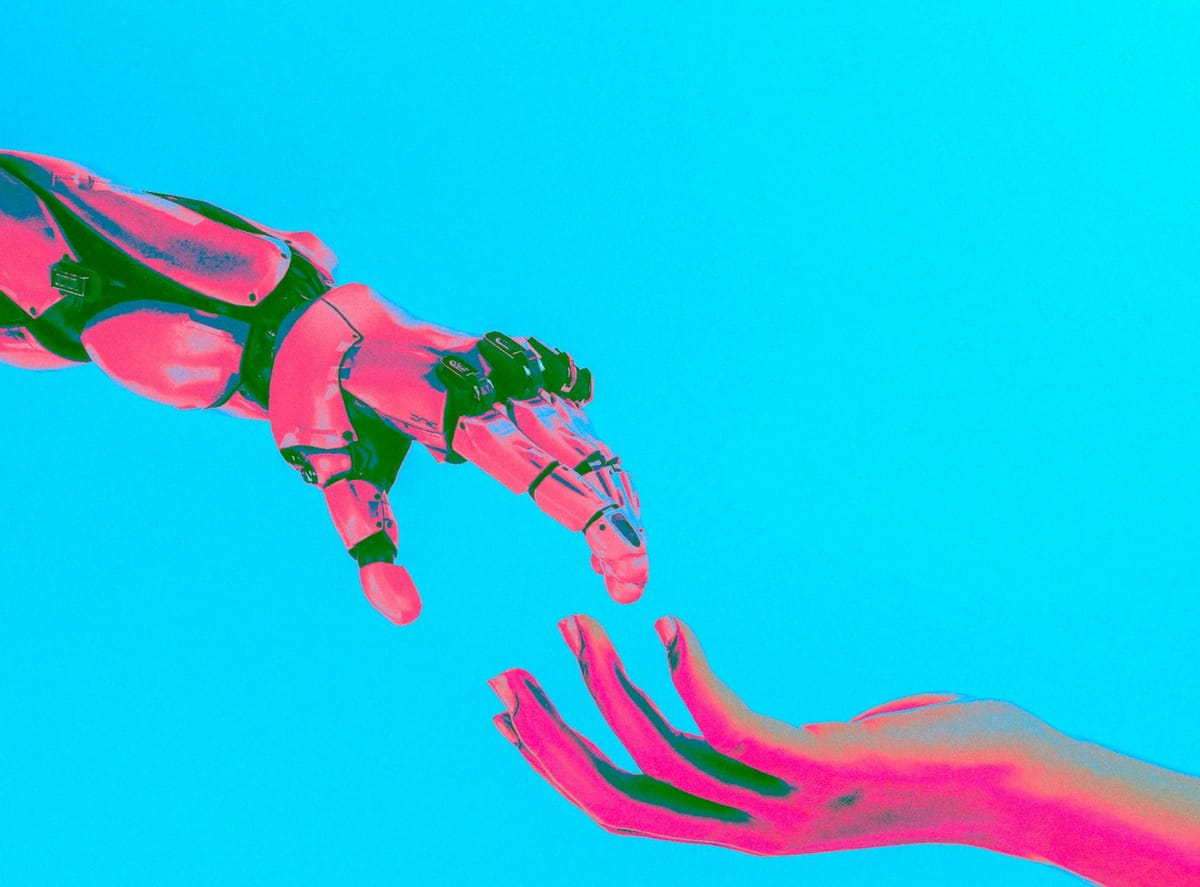The Decoherence Deadline: When Quantum Speed Meets Classical Confusion
As quantum computing accelerates, classical AI struggles to interpret its outputs. Can we beat the decoherence deadline—or will logic collapse before insight?

In the quantum world, everything changes in a blink. Particles exist in multiple states, computations happen in parallel, and answers emerge from probability rather than certainty. But there’s a catch: decoherence—the fragile moment when quantum information collapses into classical reality.
And in that fleeting instant lies a new crisis: can our classical AI systems interpret what quantum machines are trying to say?
Welcome to The Decoherence Deadline—where lightning-fast quantum breakthroughs slam into the slow, structured minds of classical models.
What Is Decoherence—and Why Does It Matter?
Decoherence is the process by which a quantum system loses its quantum behavior due to interaction with the environment. In practical terms, it’s when quantum states collapse into classical ones, stripping away superposition and entanglement.
Quantum computers must complete operations before decoherence kicks in—often within microseconds.
But while quantum processors operate at blistering speeds, the AI models interpreting their outputs are still designed for classical computing timelines. That mismatch can lead to misread data, corrupted interpretation, or even decisions based on incomplete or collapsed quantum logic.
The Clash of Paradigms: Quantum Speed vs. Classical Logic
Quantum systems don't "think" in bits—they calculate in qubits, which hold multiple possibilities at once. AI, however, has evolved in a world of ones and zeros, training on deterministic inputs and statistically predictable outcomes.
This gap creates tension in hybrid systems:
- Classical AI may misinterpret quantum output due to timing issues or collapsed data.
- Real-time decision-making becomes harder as decoherence distorts live computation.
- Training AI to "understand" quantum inputs requires new architectures built on probabilistic logic, not Boolean certainty.
As quantum machines evolve, we’re finding out: speed is meaningless if your interpreter can’t understand the message.
Building Bridges: Can AI Adapt to Quantum Timelines?
Some researchers are working on quantum-aware AI frameworks—systems designed to:
- Handle incomplete or noisy quantum data
- Interpret probabilistic outputs without defaulting to binary logic
- Learn from the tempo and entropy of quantum environments
Others are exploring quantum neural networks, where the AI itself is built on quantum hardware, eliminating the mismatch altogether.
But these efforts are early. For now, we’re asking AI trained in Newtonian logic to dance with Schrödinger’s cat—and the results are often more confusion than coordination.
Why It Matters: From Labs to Life
This isn’t just a technical glitch—it’s a bottleneck for real-world applications. Whether it’s:
- Quantum-enhanced drug discovery,
- Simulating climate models with unprecedented accuracy,
- Or building AI-powered financial systems that predict market shifts via quantum optimization—
We need interpreters who can keep pace with the source.
If classical AI can’t meet the decoherence deadline, the future of hybrid quantum intelligence risks being lost in translation.
Conclusion: Rewriting Intelligence for a New Speed of Thought
The Decoherence Deadline isn’t just a timing issue—it’s a reckoning for how we think about intelligence, data, and speed.
To build systems that thrive in a quantum world, we may need to move past classical assumptions entirely. That means:
- Designing AI that embraces uncertainty
- Operating within fleeting windows of coherence
- And perhaps, one day, thinking like the quantum machines themselves
In the race between precision and possibility, the clock is ticking—and it's set to quantum time.


